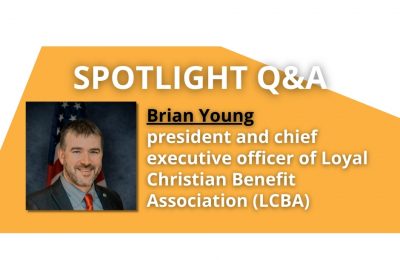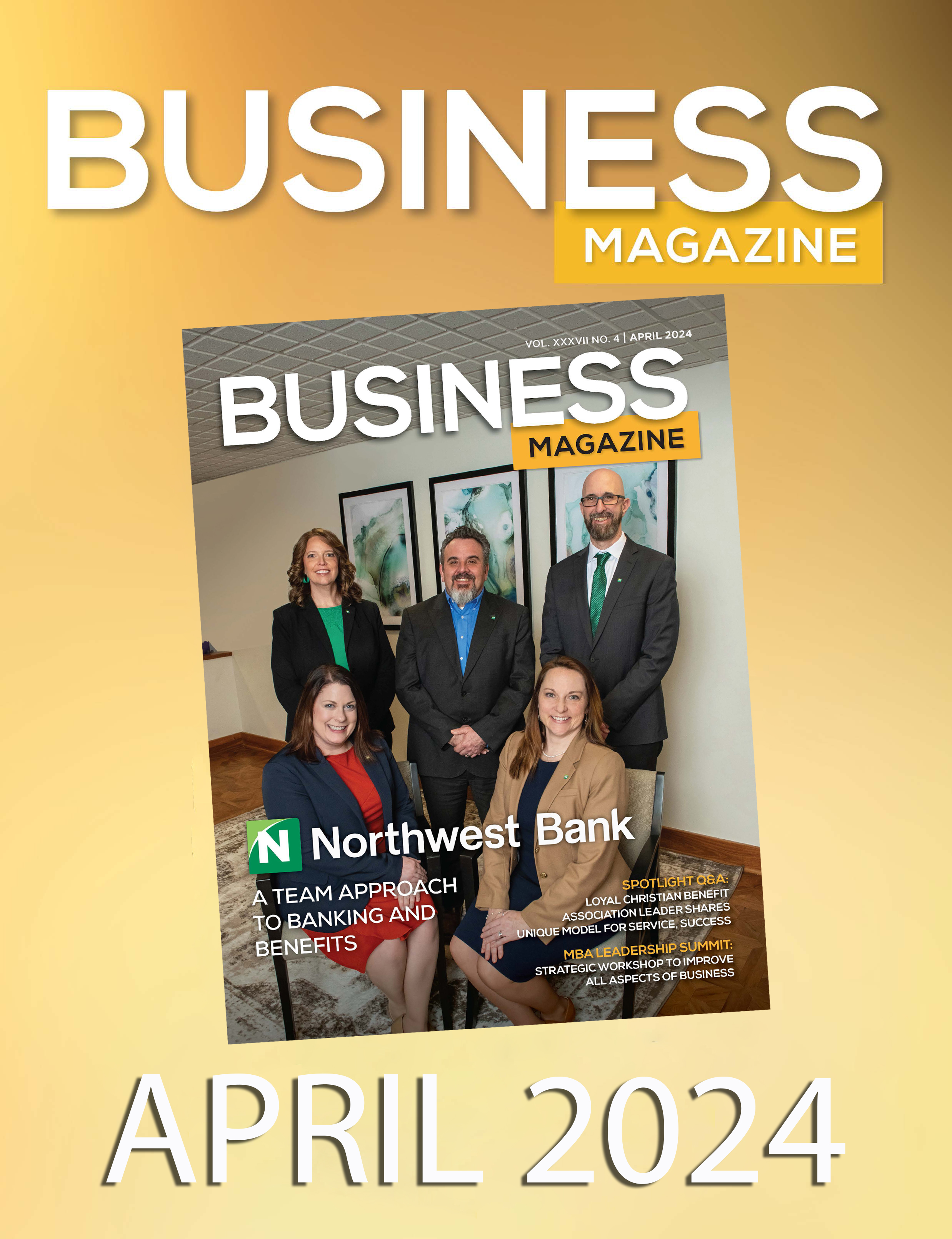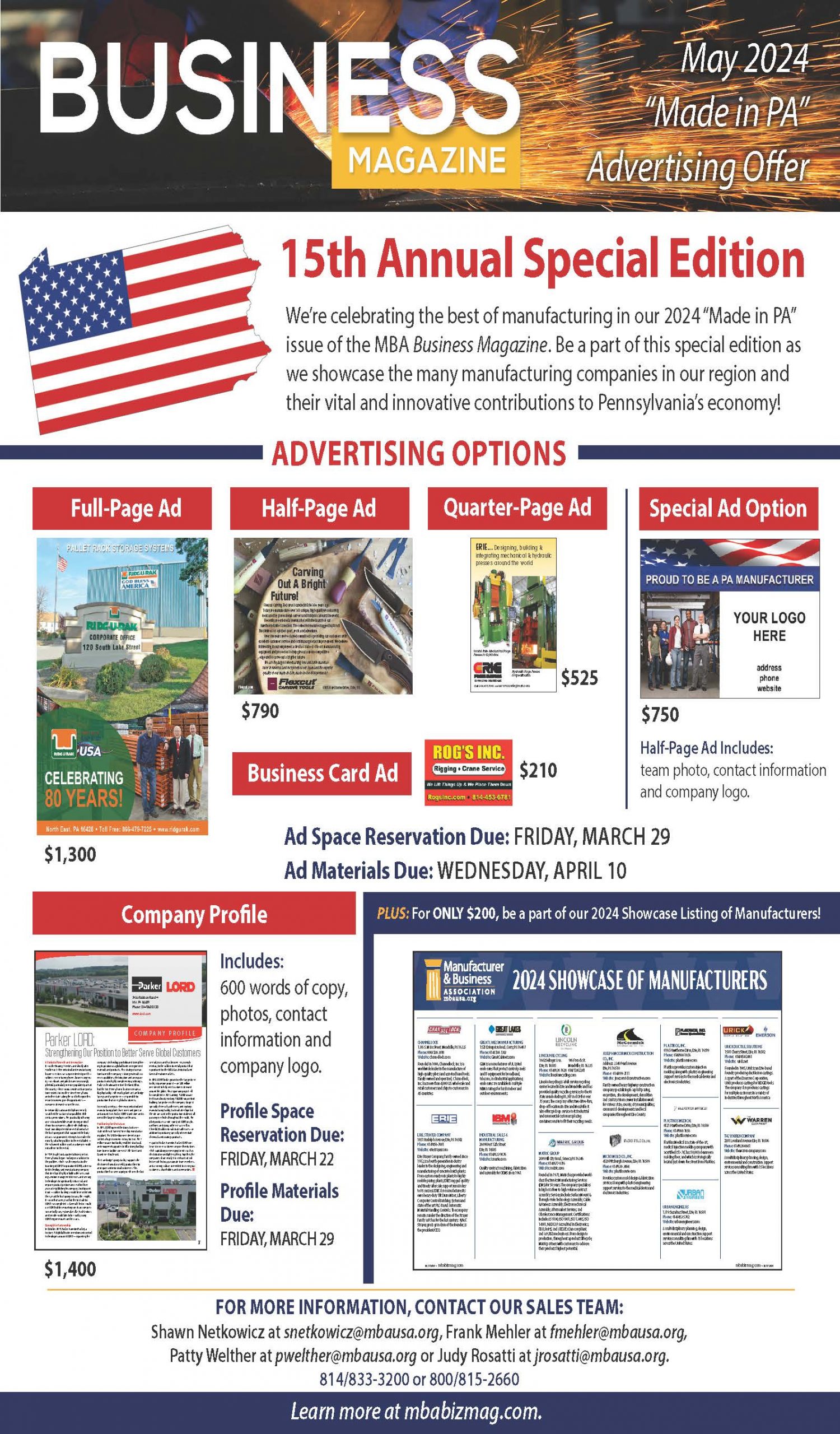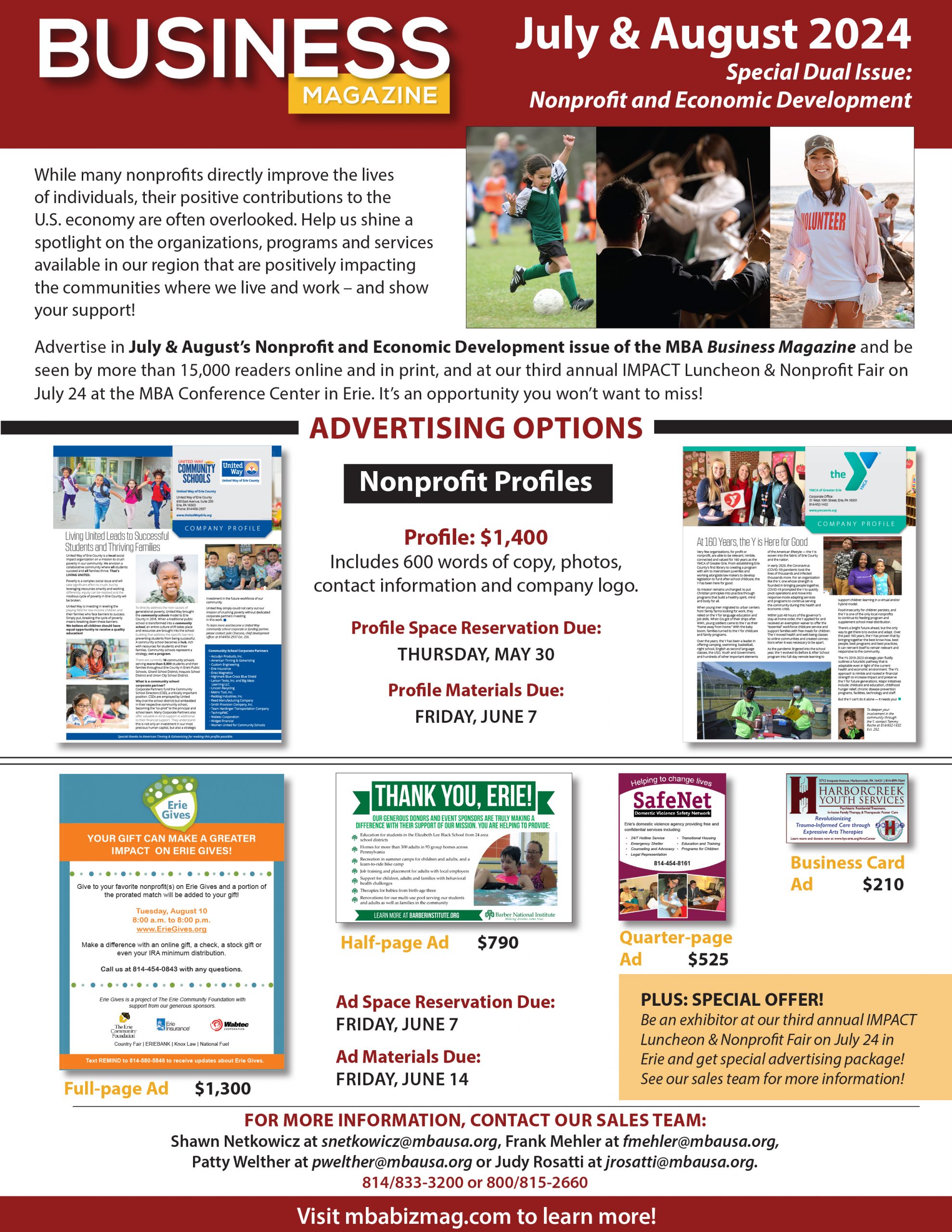Employers Must Stay Vigilant in the Fight
Eileen Anderson is the director of government relations for SMC Business Councils (SMC), which merged with the Manufacturer & Business Association (MBA) in January 2019. Contact her at 412/342-1606 or eileenanderson@smc.org.
I stepped out of my own small business in 2005 to work on health-care costs at SMC Business Councils with President Cliff Shannon. You see, Shannon was an undisputable health-care expert, mentor, as well as friend of the late Ralph Pontillo, who at that time was president and chief executive officer of the Manufacturer & Business Association.
What spurred my action was personal experience with 30-percent premium increases and sky-high deductibles. At one point, premiums consumed one-third of income and left my husband and I each with $10,000 deductibles. After reading an article by Shannon, I called him and said, “I have to be part of what you are doing at SMC.”
At that time, Governor Ed Rendell had a strong focus on health-care reform. SMC testified, helped pass legislation, including “Hospital Acquired Infections” and “Never Events,” which provided savings to employers’ bottom lines.
SMC lobbied with the National Small Business Association against the proposed Affordable Care Act. Our focus was the financial impact on employers and unintended consequences — many of which have come true.
Initially, I lobbied using my own family’s experiences. Buying adequate insurance was an all-consuming endeavor. Imagine being rejected because your toddler son had three ear infections or having body parts — knees, jaws, etc. — eliminated from coverage.
My first newspaper opinion piece told the story of shopping for a mammogram. There were hours of calls to hospitals and the final cost was unreachable.
Now, through the MBA, I/we diligently continue to raise awareness of the impact of health-care costs and insurance premiums on employers and employees. No Pennsylvania congressman, senator, insurance commissioner or committee chair is spared.
Today, cost information, made public at a glacial pace, makes it possible to find some costs for services and shopping is possible for the most persistent. Coverage has improved. Consumers with pre-existing conditions can buy coverage.
However, health insurance premiums increase year after year and remain a top concern for employers. As costs increase, employers who once paid 100 percent of premiums are forced to shift part of the costs onto employees, eliminate raises and suffer the loss of employees to jobs with better benefits.
The Manufacturer & Business Association is acutely aware of this. As you may have read in previous issues, my colleague Jezree Friend is working to bring association health plans (AHPs) to Pennsylvania. He is part of a national coalition and the point person for the Commonwealth.
The MBA also works on legislation that indirectly helps reduce costs.
Telemedicine allows providers to care for patients remotely. Not only can a visit with a physician be done via Skype or phone, but prescriptions can be written, all steps that prevent a costly trip to the ER for a simple ailment.
Still, pharmacists are prohibited from steering you to a lesser-cost drug and, if they do, before you ask, they can be penalized by their pharmacy benefit manager (PBM). Prohibition of Gag Rules will undo this.
If you unintentionally use an out-of-network provider, you can be balance-billed after the insurer pays the in-network amount. Surprise Balance Billing will hold consumers harmless.
The MBA lobbied to delay the Health Insurance Tax, an insurance premium sales tax that is passed onto those in the fully- insured commercial market.
As the cost battle continues, the MBA wholeheartedly encourages employers to speak to lawmakers about the impact of health-care costs and insurance premiums. You are the key fighter. We are not pushing the work onto your plates; instead, the power is shifting to you. The most effective lobbying, by far, is that coming directly from the employer.
Your voice is needed. Stay tuned!















